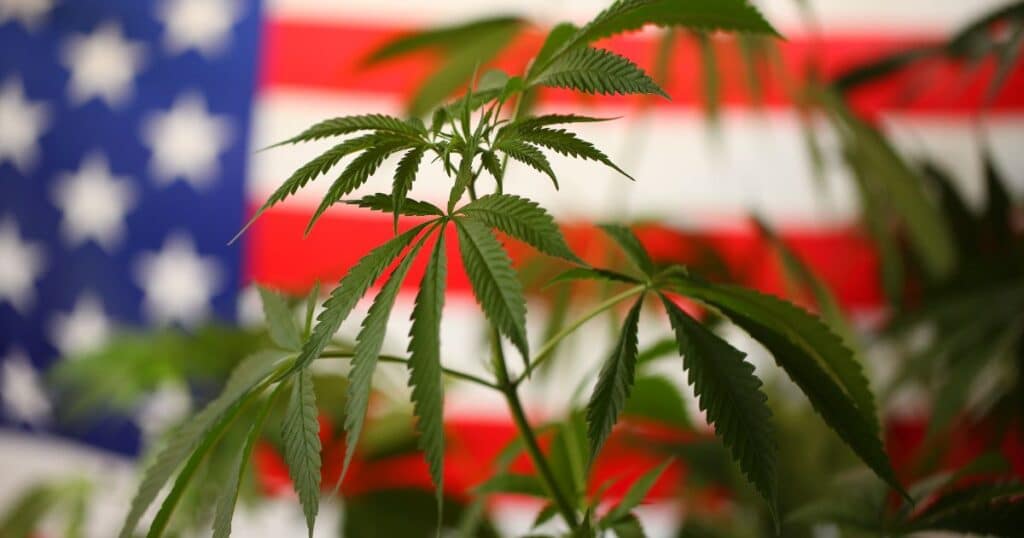
In response to the ongoing challenges facing U.S. military recruitment, the Navy has announced a significant shift in its approach to recruits who test positive for marijuana upon arrival at boot camp. Rear Adm. James Waters revealed this week that rather than immediately disqualifying such individuals, the Navy will now consider granting waivers, aiming to integrate them into the service.
“If they fail that test and own up—’Yes, I smoke marijuana’—we do an evaluation of the young person to make sure there’s not something else going on,” Rear Adm. Waters explained, underlining the Navy’s commitment to evaluating each case individually and providing support during boot camp.
This change reflects a broader recognition of evolving societal attitudes toward marijuana. “We recognize that many states have legalized marijuana,” Rear Adm. Waters acknowledged, highlighting the importance of aligning military policies with legislative changes.
However, this adjustment is just one component of a multifaceted effort by military branches to address recruitment shortfalls. With the Navy aiming to enlist 40,000 new sailors by 2024, reducing the dropout rate during boot camp has become a critical priority. “Even losing 4,000 recruits during boot camp is really, really unhelpful,” Rear Adm. Waters emphasized.
Importantly, the Navy’s revised policy is specific to THC screenings and does not extend to other drugs. “We don’t do drugs in the military,” Rear Adm. Waters clarified, emphasizing the military’s ongoing commitment to maintaining a drug-free environment.
The Navy’s decision follows a similar move by the Air Force, which implemented a marijuana waiver program in response to recruitment challenges. Despite initial concerns, the Air Force reported granting more than three times as many enlistment waivers for THC-positive recruits as anticipated.
This policy adjustment also reflects broader shifts in attitudes toward cannabis within the military. Over the past several years, various branches have updated their policies regarding CBD and hemp products, aiming to address evolving legal landscapes while maintaining operational readiness.
As the military adapts its approach to cannabis, policymakers continue to debate related issues. Calls for VA doctors to be able to recommend medical marijuana to veterans in legal states underscore ongoing efforts to align federal policies with veterans’ preferences and needs.
In an environment shaped by changing social attitudes and legislative developments, the Navy’s decision to grant waivers for marijuana-positive recruits reflects a pragmatic approach to recruitment challenges while maintaining the military’s core principles and readiness standards.

